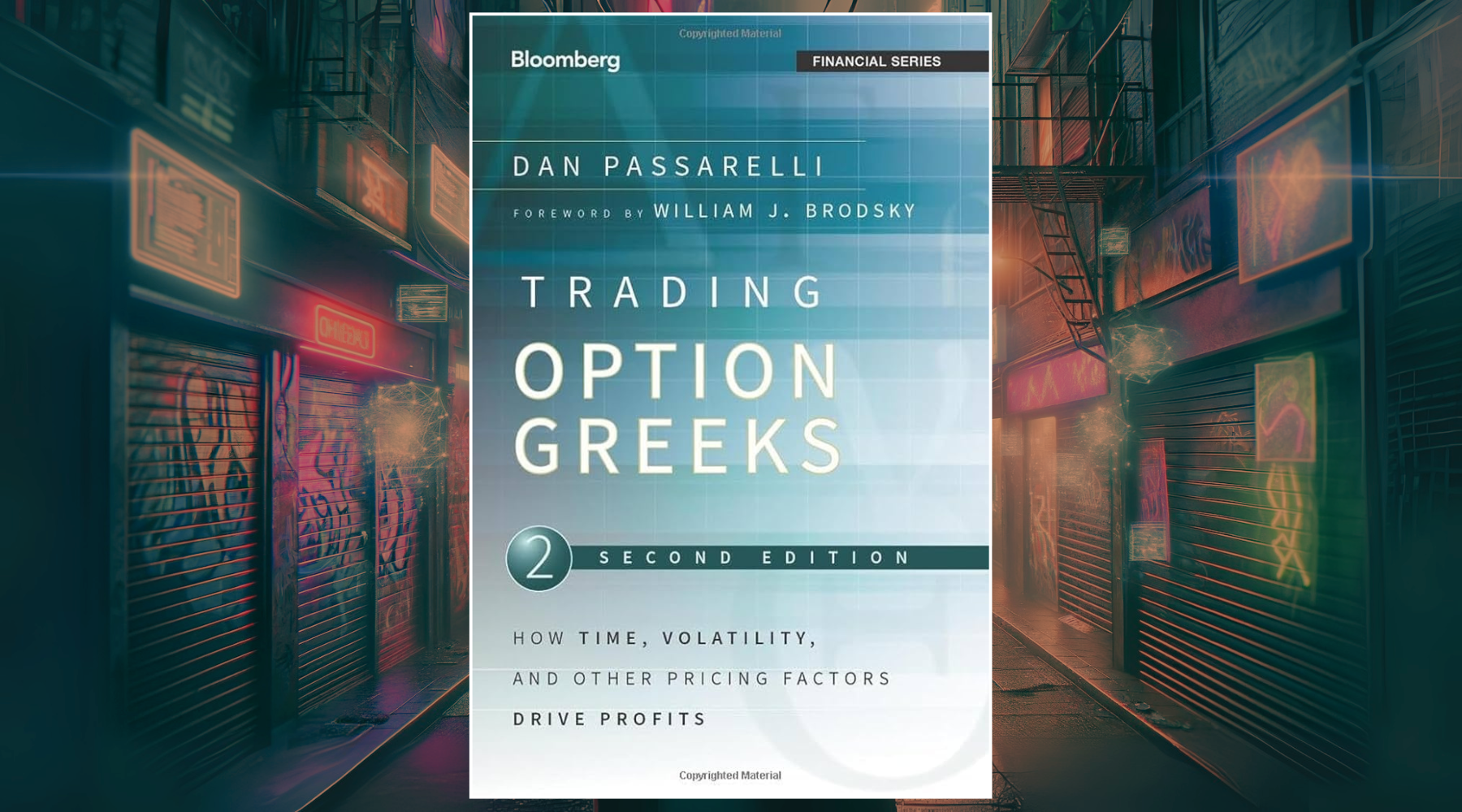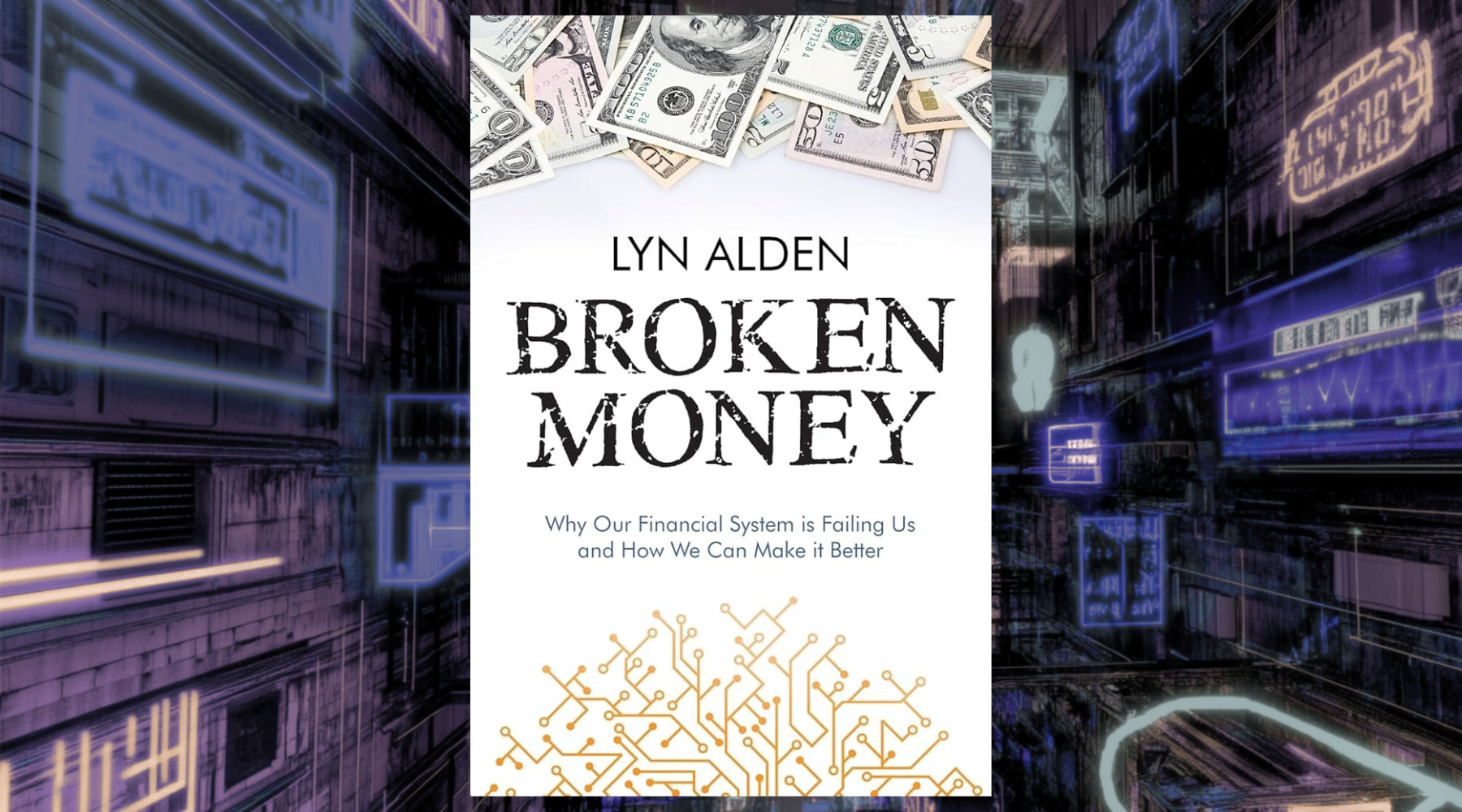
Market makers are professional traders that help keep financial markets running smoothly. They make money by providing liquidity and facilitating trading, not by betting on which way prices will move. Here's a simple breakdown of how they generate profits:
They Buy and Sell All Day
Market makers stand ready to buy or sell a stock at quoted bid and ask prices. When an investor wants to trade, the market maker will sell them shares at the ask price or buy shares at the bid price. Each time they buy from the bid or sell at the ask, they pocket the difference as profit.
They Earn the Bid-Ask Spread
The bid is the price buyers are willing to pay. The ask is the price sellers want. The difference between the two is called the spread. Each time an order gets filled, the market maker captures this spread as their fee for making the trade happen quickly.
They Get Paid by Exchanges Too
Exchanges give rebates and charge fees to incentivize market making. Makers get paid for posting orders that add liquidity. Takers pay fees for removing liquidity via market orders. The rebates market makers receive adds to their bottom line.
They Make Money off High Volume
Market makers profit from high liquidity and trading activity. They rely on scale by executing a huge number of small transactions. Even a spread of a few cents per share translates to significant money across millions of daily trades.
They Stay Profitable in Any Market Condition
Market makers use hedging strategies to remain neutral and lock in gains. If they buy shares from a seller, they might short sell shares or buy puts to offset risk. This allows them to secure income on the spread no matter which direction prices move.
The core business of market making isn't about speculation. Their trading algorithms simply react to buy and sell orders coming in from investors. By providing continuous bid and ask prices, market makers earn small profits that really add up.







